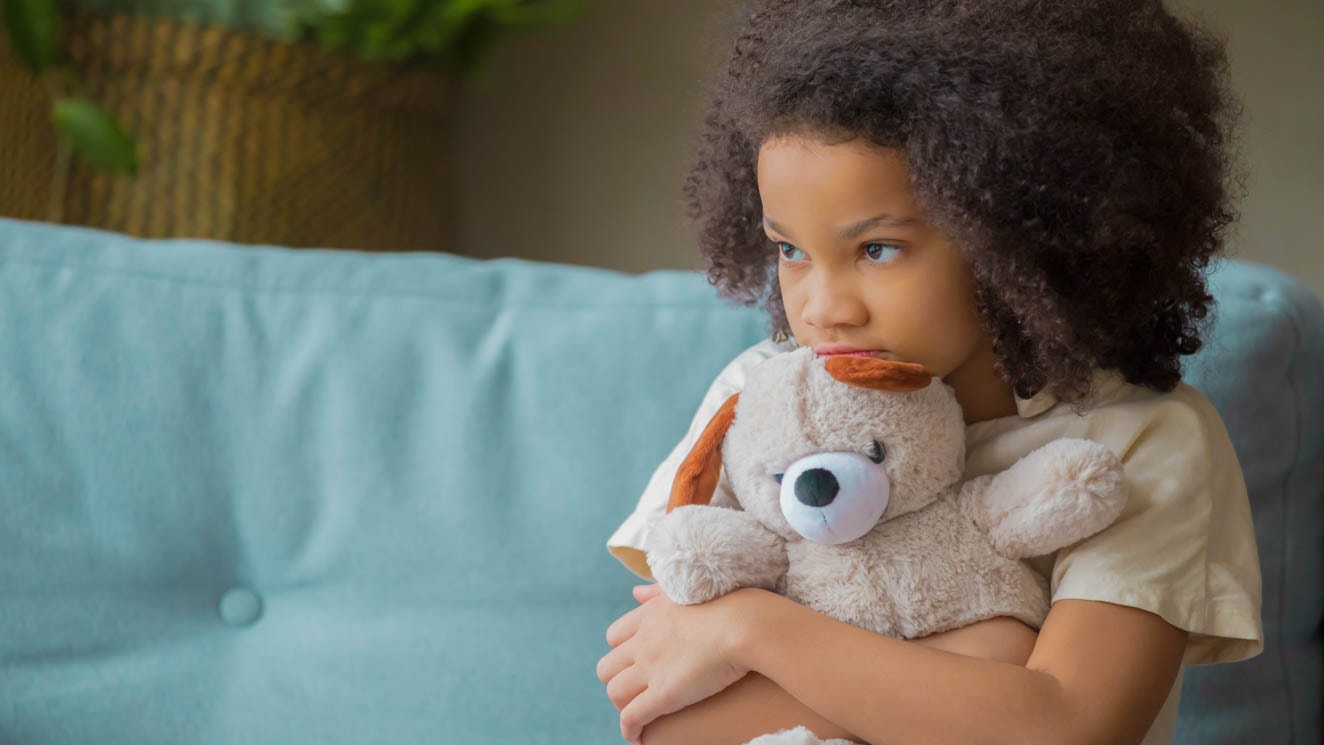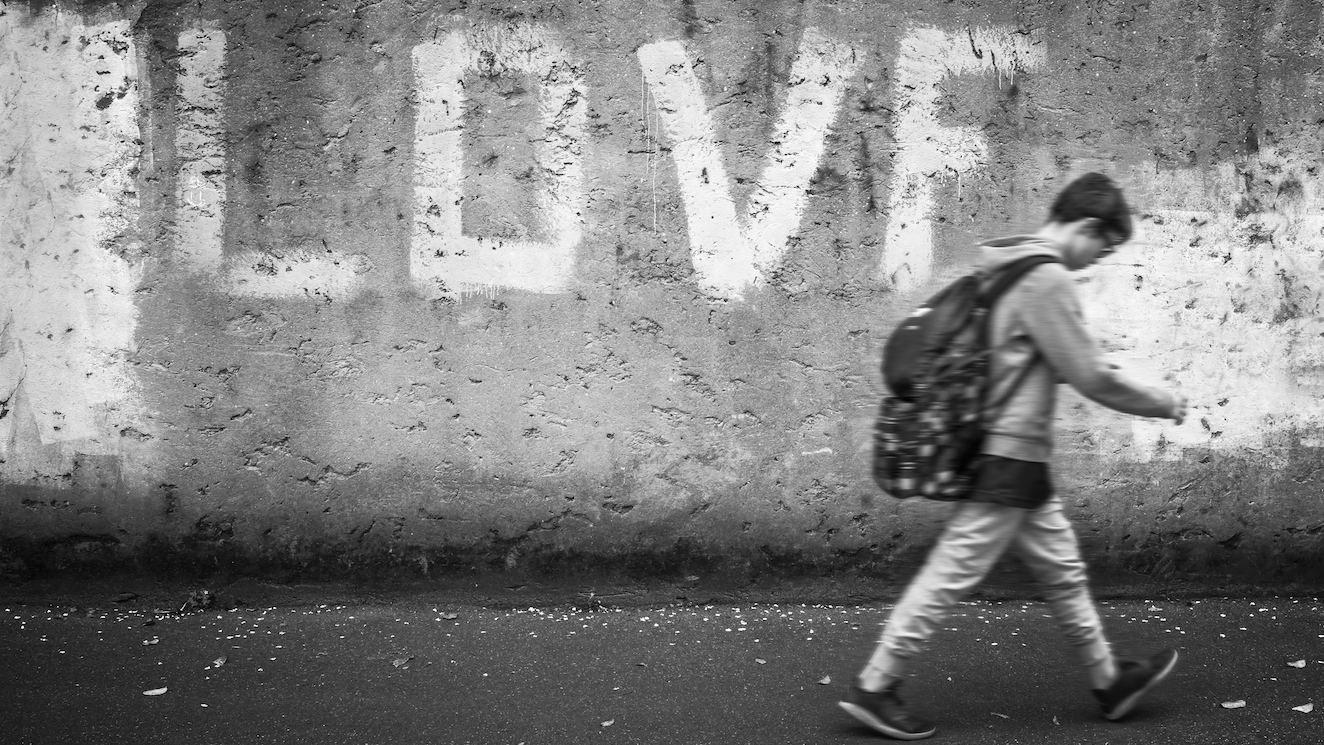

As a parent and college instructor, my kids’ education has always been at the forefront in our home. To say I’m invested would be an understatement. I volunteer weekly in their classrooms, communicate regularly with their teachers and principal, and am hands-on with their learning after school. Reading is integrated in our home as a daily habit, and overall, I try to make learning as positive as I can. Honestly, my friends think I’m a little too intense here, possibly even over-involved. But as a college instructor, I’ve seen how an education can truly set one free.
This upcoming school year, though, I’m far less concerned with our kids “catching up” and so much more concerned with tending to their emotional needs. Children across the globe have been through the wringer with the lack of socialization and routine because of Covid-19. We’re all unraveling to some degree or another. And with our U.S. culture which screams “You’ve got to be the best,” I worry that our children will be pushed too much to get back to achievement — i.e. homework, testing, and all the rest.
While this mindset is problematic at any time, this is not the year to put added stress on our children. Instead, no matter what school ends up looking like this fall, our kids will need a lighthearted academic approach mixed with some strong mental health strategies both in and out of the classroom. This should be the focus —not “making up for lost time.”
I’ll be honest, when schools first shut down in our state, I thought I was Mary Poppins, so successful was I at adjusting my family to school-at-home. My six- and eight-year-olds’ shoulders relaxed and their joy bounced back without the immense pressures of the daily grind of the classroom. I saw this and worked hard to make their homeschooling fun, mixing my own stuff in with their teachers’ assignments. But after a couple months, the lack of socializing caught up with them and dimmed their spirits. They grew irritable—and so did I. I knew I had to lighten up on the rigor of our work. For example, when there were tears or full-blown tantrums on the horizon over math problems or writing a summary, we’d pivot and cuddle on the couch and read instead. Given my professional background, I was surprised at how easy it was for me to make this shift.
But will my kids’ teachers this upcoming school year share my opinion that academics need to take a backseat? I worry that teachers will feel pressure — from their administrations, from their districts — to catch them up. Instead, my hope is that educators will have the chance to teach our children coping mechanisms, mindfulness, and real tools to help them with the day-to-day stress of this new way of schooling (whatever that may look like). Of course, I realize teachers already have an overflowing plate—they’re not social workers or counselors. But I just hope they look out for the signals from students about what might be going on on an emotional level. And parents, we’ll be doing the same.
When it comes down to it, I don’t care if my first-grader leaps from a level 4 DRA to a 16 this year. Sure, I want my kids to develop some grit with their intrinsic learning, but I also want them to continue to like school and not be afraid of it. Because if we can make that possible, they’ll be much more likely to succeed after the pandemic — whenever that is.
Like what you see? Sign up for our weekly newsletter.







